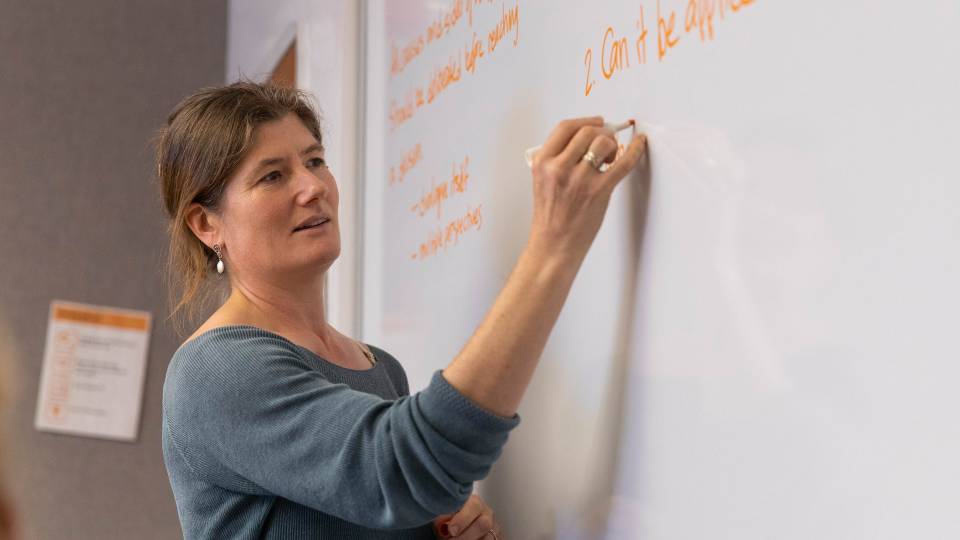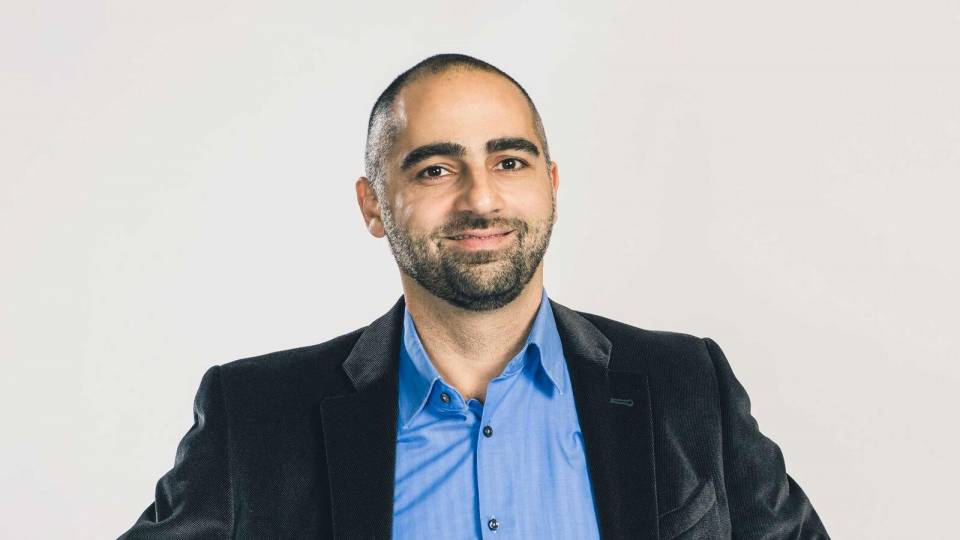Among the many things laid bare during the COVID-19 pandemic has been the critical importance of legacy media, says 1988 Princeton graduate Edward Felsenthal, TIME editor-in-chief and CEO, on the latest episode of “We Roar.”

Edward Felsenthal
“One of the many things we're waking up to in this crisis is that legacy media is important because trust is important,” Felsenthal says. “Because without trust, who would know what to do in this moment? And we see where there isn't trust, how much chaos that creates.”
From large news brands to community newspapers, journalism everywhere is under pressure as it reports on one of the most important stories of our lifetime — a global pandemic and economic crisis that also threatens the health and wellbeing of journalism itself.
At the same time, Felsenthal says, “Journalists have never been more motivated, more energized to be in the fray telling this, the story of this time, holding governments accountable, guiding audiences, guiding readers through the moment, and helping us begin to picture the future.”
Felsenthal expresses concern for local journalism, which already was “on the brink” prior to the pandemic with the loss of ad revenue. Tens of thousands of journalists have been laid off or furloughed nationwide due to COVID-19.
“That's a scary moment for journalism, a scary moment for democracy,” he says. “Some media companies will come out of this, and some will come out of it stronger because people are seeing that they need the work that we do.”
TIME is embracing innovation to stay strong and relevant through this storm and through financial and other pressures that already were reshaping the media landscape, Felsenthal says.
“We recognize aspects of this crisis are going to be long-lasting, and we are accelerating our digital transformation,” he says. “We do some major public events, live events, the TIME 100 events. We did a major health event in New York last year.”
As steward of a 100-year-old institution, Felsenthal says history gives him confidence in his publication’s ability to endure.
“I think there's a certain comfort in knowing that TIME and our colleagues before us have weathered many global crises and have told stories of hope and resilience through those crises, and I think that's what we're doing now,” he says. “That's what we see as our mission now.”
“We Roar” episodes are available for free on YouTube, Apple Podcasts (formerly iTunes), Google Podcasts, Spotify and other podcast platforms.






